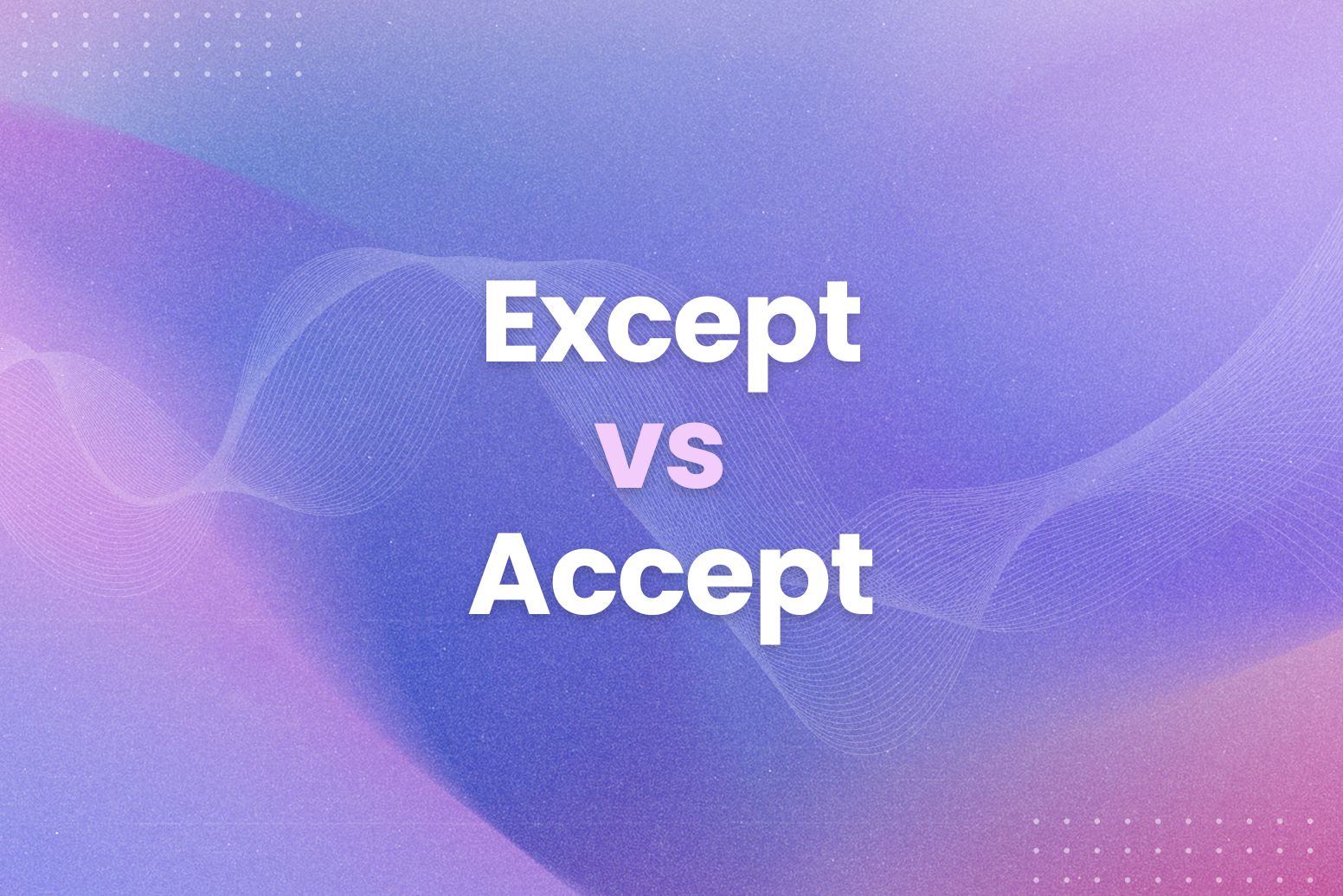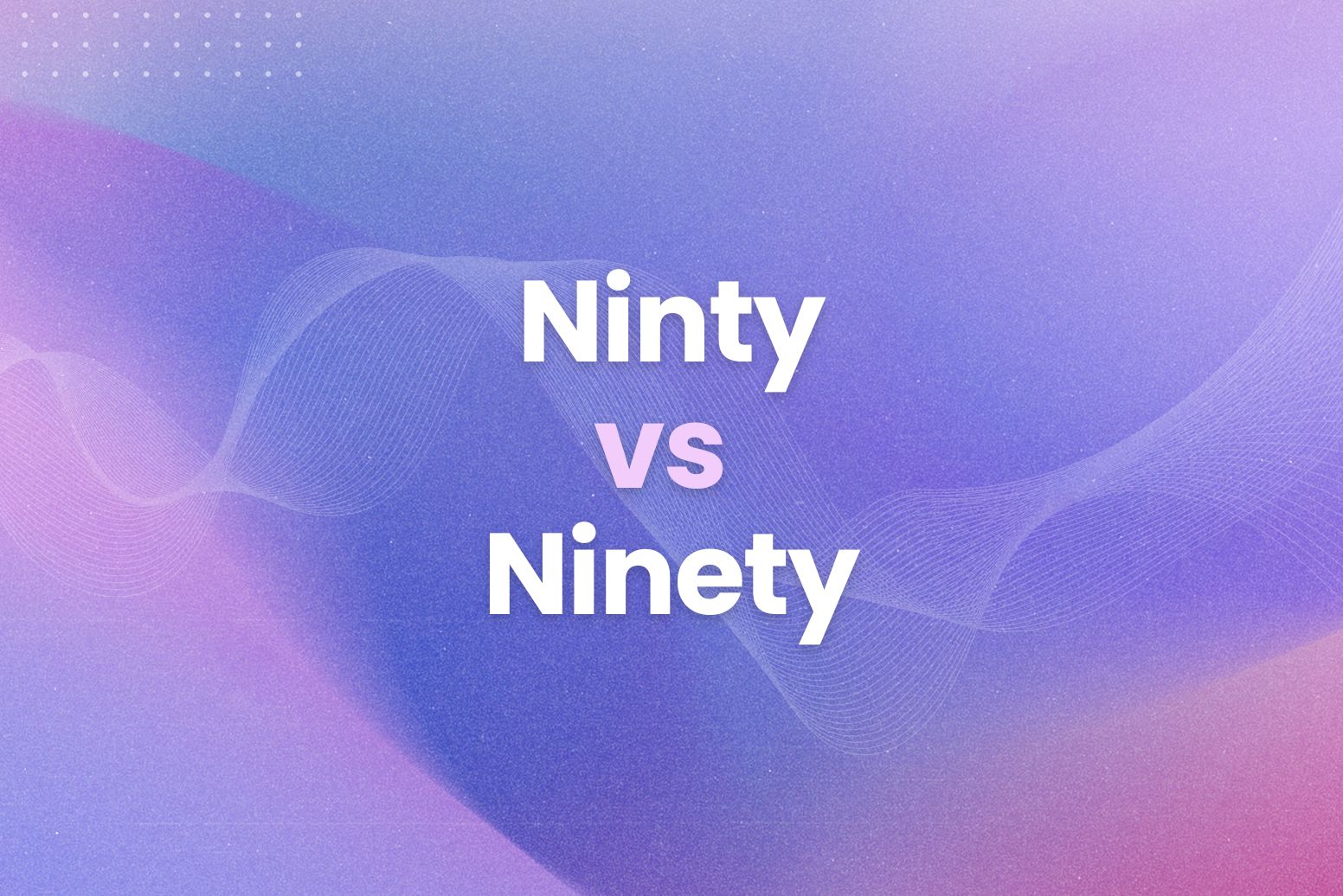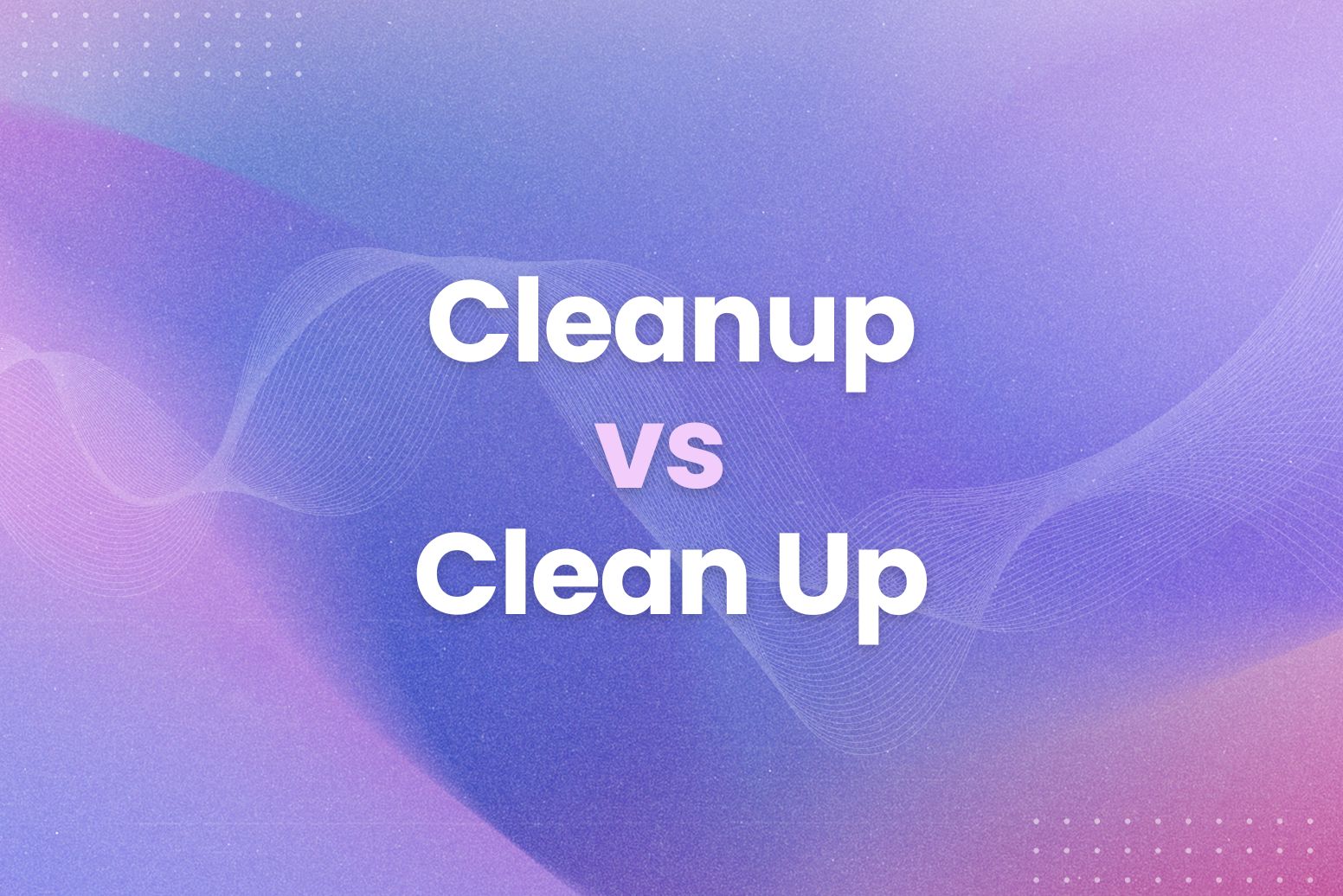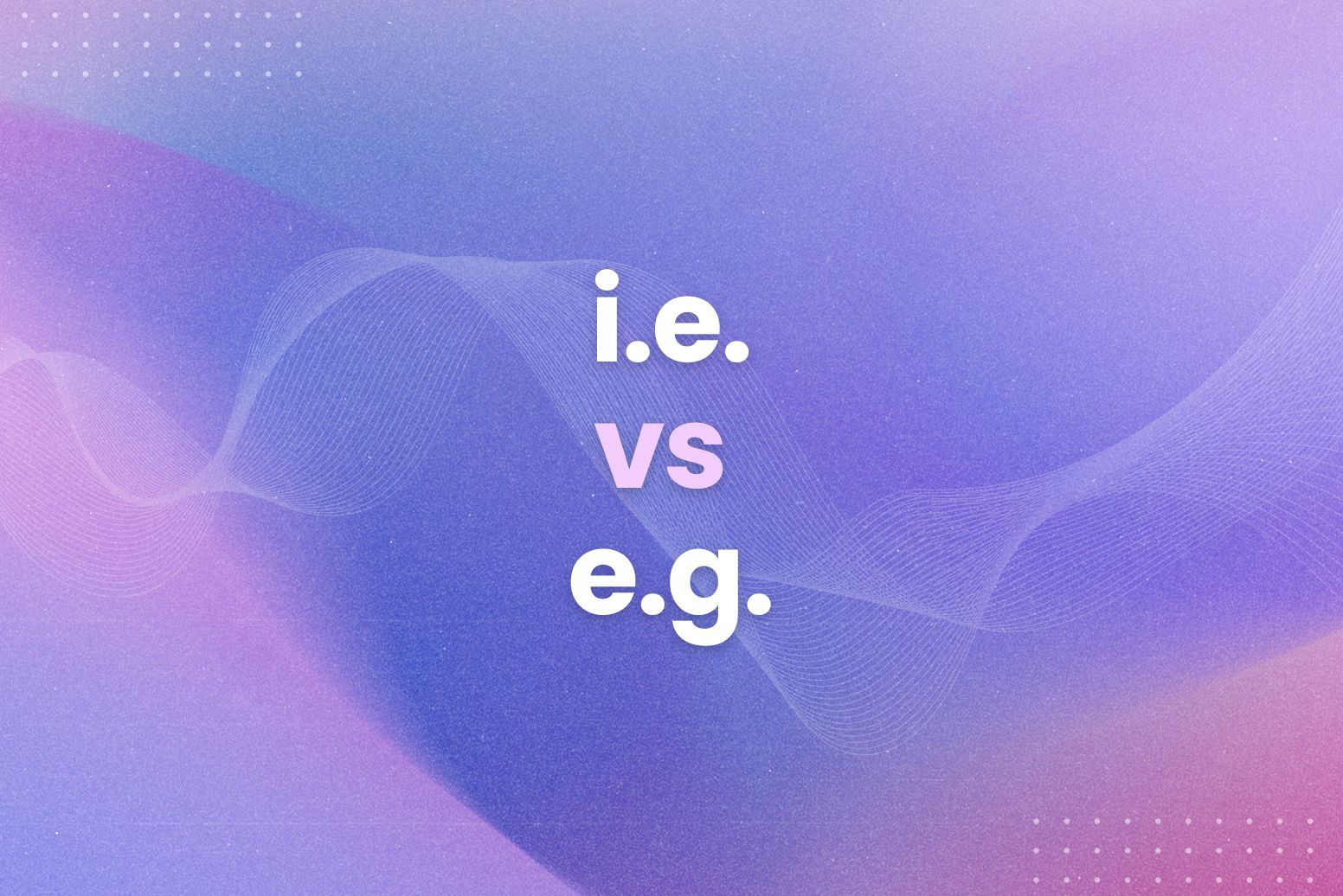Grammar gremlins can sabotage even the best writing. One tiny slip-up can change your meaning entirely. Think about it: a misplaced comma can cost millions, and confusing except vs accept makes your writing look unprofessional.
So, if you’re tired of second-guessing yourself, you’re in the right place. This guide will clear up the except vs. accept dilemma once and for all. We’ll break down the differences with clear examples and a simple memory trick. In short, here’s what we’ll cover:
- Firstly, the definition of except.
- Secondly, the definition of accept.
- Then, how to use each word correctly in a sentence.
- Lastly, a quick memory trick to avoid confusion.
The Definition of Except
Except is a preposition or a conjunction. It means “not including” or “other than.” For example, “Everyone went to the party except John.” In other words, John did not go. Except sets something apart. It creates an exclusion.
As a conjunction, except introduces a clause that makes an exception to a previous statement. For instance, “I like all vegetables except Brussels sprouts.” Here, the clause “except Brussels sprouts” is the exception. It modifies the main statement.
Except can also function as a verb, though this is less common. It means “to exclude.” For example, “They excepted him from the rule.” This usage is more formal. We usually use “exclude” in everyday speech. So, remember except focuses on what’s left out.
The Definition of Accept
Accept is a verb. It means “to receive something willingly.” For instance, “She accepted the gift graciously.” In this case, she willingly took the gift. Accept implies a positive reception. It suggests agreement or approval.
Furthermore, accept can mean “to agree to something.” For example, “I accept your apology.” This shows forgiveness. It indicates a willingness to move forward. Similarly, accept can mean “to believe something is true.” For instance, “Scientists accept the theory of evolution.” This means they consider it valid.
In short, accept is about taking something in. It’s about receiving, agreeing, or believing. Therefore, it’s the opposite of rejecting or excluding.
How to Use Each Word Correctly in a Sentence
Using except and accept correctly comes down to understanding their core meanings. Except excludes. Accept receives. This simple difference is key. Let’s look at some examples.
Using Except
- “All students passed the test except for one.” (One student was excluded.)
- “I eat everything except olives.” (Olives are the exclusion.)
- “The store is open every day except Sunday.” (Sunday is the exception.)
Notice how except always sets something apart. It creates an exclusion. It limits the scope of the main statement.
Using Accept
- “He accepted the job offer.” (He received and agreed to it.)
- “She accepted the challenge.” (She willingly took it on.)
- “They accept credit cards.” (They receive them as payment.)
Accept shows a positive action. It indicates receiving, agreeing, or believing. Therefore, it’s about inclusion, not exclusion.
A Quick Comparison of Except vs Accept
“Everyone except John accepted the invitation.” This sentence shows the difference clearly. John was excluded. Everyone else received and agreed to the invitation. So, by understanding this difference, you can use these words correctly.
A Quick Memory Trick to Avoid Confusion
Still mixing up except and accept? Don’t worry. We have a simple memory trick. It’s all about association. This trick will stick with you.
The “Ex” Trick for Except
Think of except and exclude. They both start with “ex.” This is your cue. Except is all about excluding something. It sets things apart. For instance, “Everyone except me went to the concert.” I was excluded. I was set apart.
The “A” Trick for Accept
Think of accept and agreement. They both have a strong “a” sound. Accept means to agree to receive something. It’s about taking something in. For example, “She accepted the gift with a smile.” She agreed to receive it. She took it in.
Putting It All Together
- Except = Exclude (setting things apart)
- Accept = Agreement (taking things in)
This simple association makes it easy. Now, you’ll never confuse these words again. This trick is a reliable way to keep them straight. So, use this memory trick. It will help you remember the difference.
Write Like a Pro: Arvin Has Your Back
Mastering the accept vs accept difference is crucial for clear writing. We’ve covered the definitions, usage, and a handy memory trick. So, you’re now equipped to use these words with confidence. This knowledge will improve your writing and communication.
Key takeaways on except vs accept
- Firstly, except means “not including” or “excluding.”
- Secondly, accept means “to receive willingly” or “agree to.”
- Then, the “Ex” trick helps remember except (Exclusion).
- In the end, the “A” trick helps remember accept (Agreement).
Even pros need a little help sometimes. Arvin, the AI browser extension powered by GPT-4, can instantly check your grammar and offer suggestions right on any webpage. So, with Arvin by your side, you can write with accuracy and polish, ensuring your message is always clear and effective.
FAQs on Except vs Accept
What is the difference between except and accept?
Except excludes something. It means “not including.” Accept means to receive something willingly. It implies agreement or approval. In short, one takes away, the other takes in.
How do you use except correctly?
Use except to show an exclusion or exception. For instance, “I like all fruits except bananas.” This means you don’t like bananas. It sets them apart.
What is an example of except?
“Everyone except for Sarah went to the party.” This means Sarah did not go. It excludes her.
Is it accept or except my apology?
It’s accept my apology. This means you are asking someone to receive your apology. It implies forgiveness. Except would not make sense in this context. It would imply you are excluding the apology, which is the opposite of what you intend.








